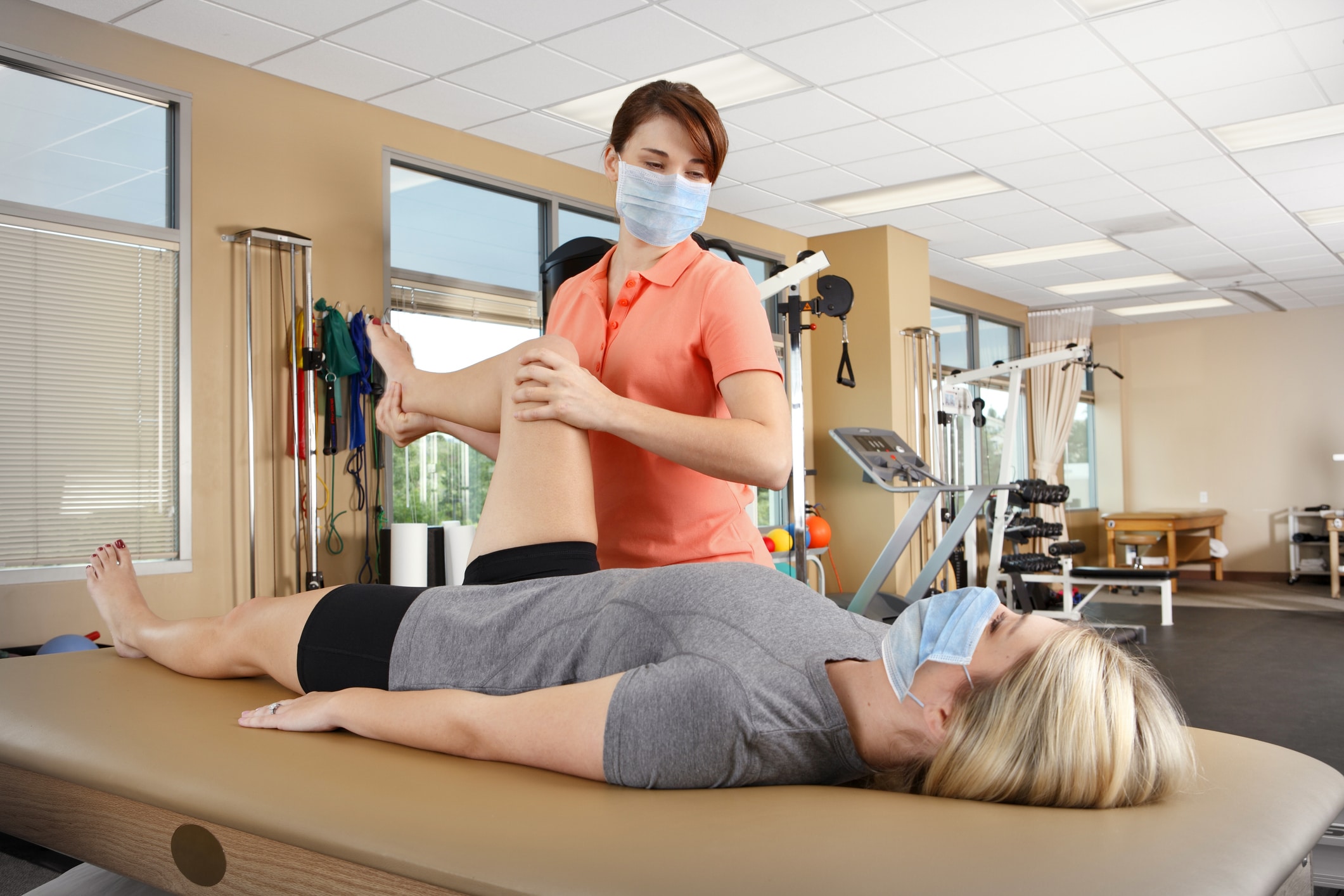Improving Performance and Minimizing Injury Threat via Comprehensive Evaluation of Balance and Stability through Functional Mobility Screening.
Improving Performance and Minimizing Injury Threat via Comprehensive Evaluation of Balance and Stability through Functional Mobility Screening.
Blog Article
Equilibrium and steadiness are essential components of physical fitness and overall health. They play a critical part in everyday tasks, athletic capability, and harm avoidance. When an person has strong balance and steadiness, they are not as prone to fall or sustain injuries during physical activities. One effective way to assess these qualities is through Functional Movement Screening (FMS). FMS is a tool used to evaluate movement patterns and identify imbalances or weaknesses that could lead to injuries.
Functional Motion Screening involves a series of specific tests that examine how well a individual moves. The tests focus on fundamental actions such as squat, lunge, and bending. By observing these movements, trainers and healthcare professionals can determine areas where an individual may struggle. For instance, if someone has difficulty maintaining balance while performing a squatting, it may suggest a need for specific exercises to improve strength and control. This evaluation not only detects deficiencies but also helps to monitor advancement over a period.
In addition to this to recognizing areas for enhancement, FMS plays a vital role in preventing harm. Many damages occur as a result of poor movement patterns, which can be identified through practical assessments. By addressing these problems early on, people can lower their risk of injury during athletic or other physical activities. For instance, a jogger who shows an discrepancy in their gait may be more prone to leg harm. By correcting these discrepancies through specific training programs, the likelihood of harm can be substantially reduced.
Furthermore, click here for info enhancing performance is another advantage of performing a comprehensive evaluation of balance and steadiness. Sportspeople and active individuals often aim to enhance their performance in specific activities or exercises. A thorough understanding of their movement patterns allows coaches to create personalized training programs that focus on specific deficiencies. By enhancing balance and stability, sportspeople can improve their overall capability, whether it’s jogging more quickly, jumping higher, or performing precise movements in their activity.
In summary, the importance of evaluating equilibrium and view stability through Practical Motion Screening cannot be exaggerated. This thorough evaluation serves as a foundation for enhancing bodily fitness, avoiding harm, and enhancing athletic capability. By identifying areas of deficiency and putting into action targeted exercise approaches, individuals can achieve better results in their physical activities. Focusing on equilibrium and stability not only results to improved performance but also adds to a healthier, increasingly energetic lifestyle.